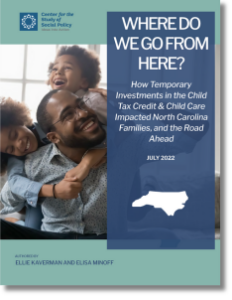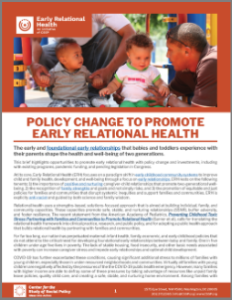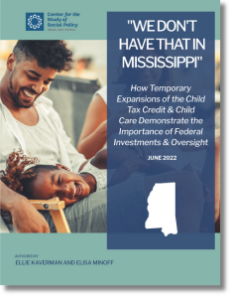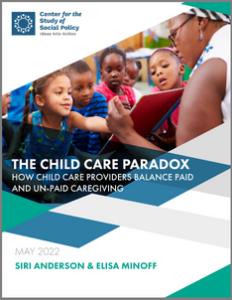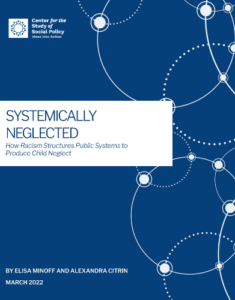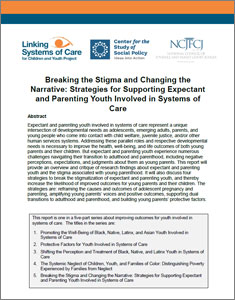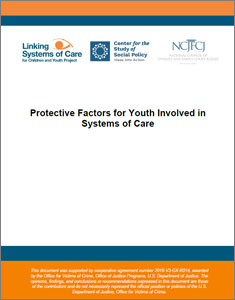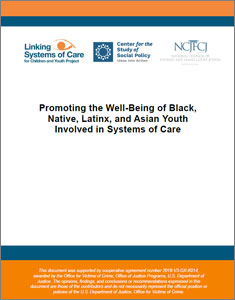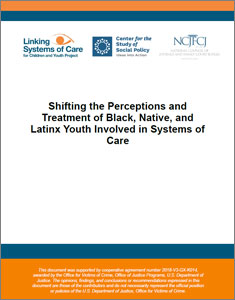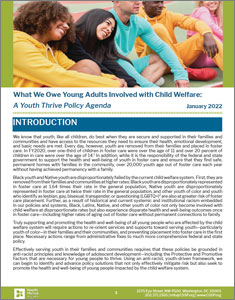In this report, we explore how federal investments in the Child Tax Credit and child care helped North Carolina families and early educators get through the pandemic, and led them to feel supported by policymakers, and valued for their contributions to society. The findings are clear: to advance economic and racial equity, we must ensure that families and professional caregivers have the permanent, comprehensive support they need.
(27 pp)
